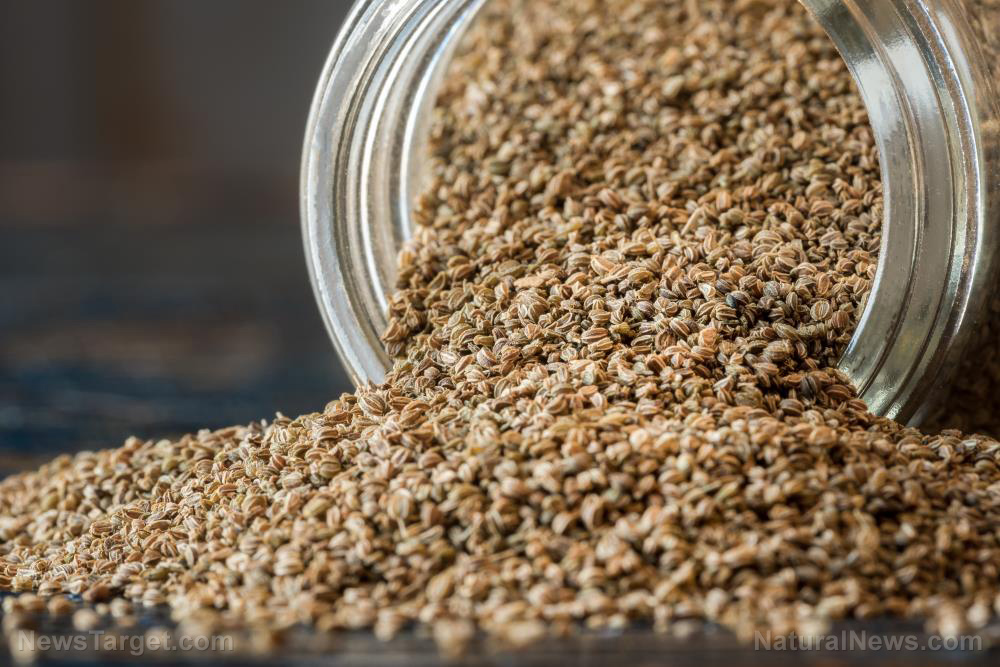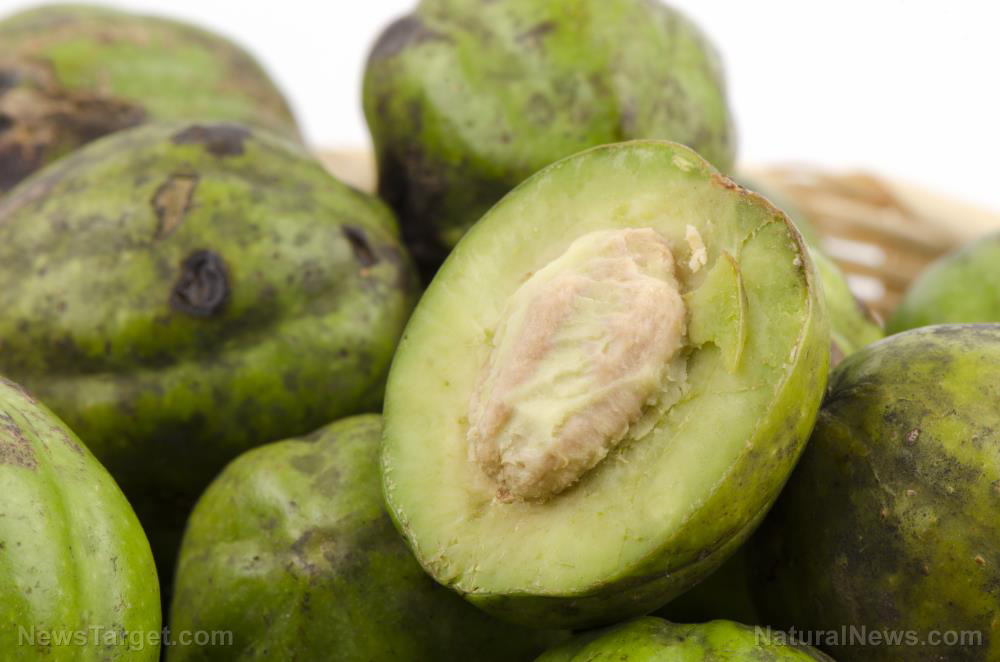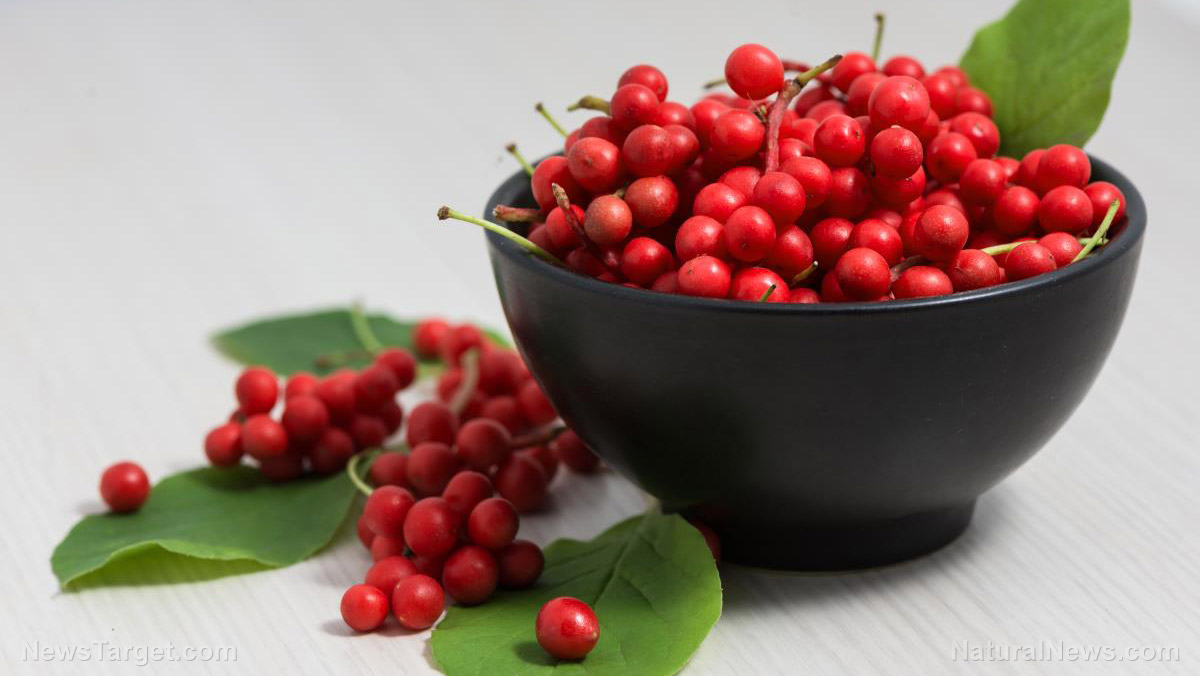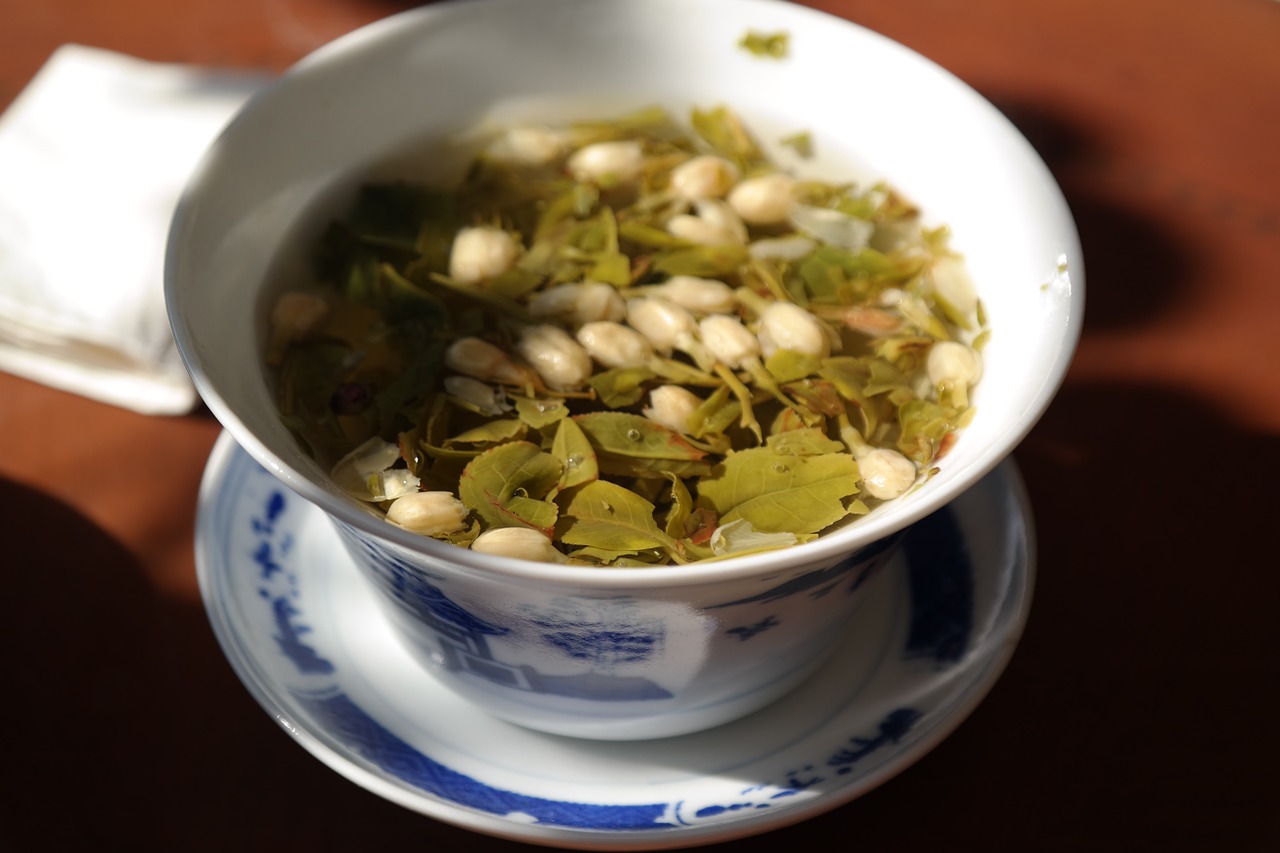Study suggests eating more lycopene-rich foods to prevent nonalcoholic fatty liver disease
11/27/2018 / By RJ Jhonson

Lycopene, a compound found in a number of fruits and vegetables, can help address the symptoms of non-alcoholic fatty liver disease (NAFLD), proving just how important these foods are to living a full and healthy life.
Excessive fat has far-reaching repercussions on your health. You may be familiar with the role it plays on cardiovascular health, but it can also negatively affect your other organs. For instance, the accumulation of fat in your liver leads to NAFLD.
By itself, NAFLD is not too serious – it can be managed and even reversed. But left untreated, it can progress to nonalcoholic steatohepatitis, a condition that causes inflammation in the liver. This inflammation leads to scarring and eventually, irreversible damage. At its worst, nonalcoholic steatohepatitis may result in complete liver failure and death.
Apart from regular exercise, a healthy diet is needed to address NAFLD and supply the liver with nutrients it needs for optimal function. According to a study published in the Journal of Medicinal Food, one of these nutrients is lycopene.
The study’s goal was to evaluate the effects of lycopene treatment in conjunction with a healthy diet on NAFLD. The authors divided rats into two groups: For four weeks, one received a normal diet while the other followed a high-fat diet to induce NAFLD.
After this, the rats in the NAFLD group were divided further: For another four weeks, one group followed a normal diet while the other received lycopene while also on a normal diet.
The researchers found that reverting the members of the NAFLD group to a normal diet helped reverse most of their symptoms. However, it was the group that received lycopene together with a normal diet that showed the most recuperation, particularly, in terms of liver weight, hepatic TC, serum LDL, and even in the macroscopic and microscopic images of the liver.
The authors concluded that when taken together with a healthy diet, lycopene can protect the liver from NAFLD, although they admitted that further study is needed to confirm their findings.
The health benefits of lycopene
Lycopene belongs to the carotenoid family of antioxidants. Like the other members of this family (beta-carotene is one), lycopene is powerful and has potent benefits for the human body.
- It protects from certain diseases – As an antioxidant, lycopene helps prevent the accumulation of free radicals and the onset of oxidative stress in the body. Oxidative stress is linked to cell damage and a bunch of serious diseases, including heart disease and Alzheimer’s.
- It protects from some types of cancer – Cancer is linked to oxidative stress, so consuming lycopene-rich foods is a great way to boost one’s defenses against cancer in a general sense. However, lycopene also exerts protection against specific types of cancer. For instance, test tube studies reveal that the nutrient helps prevent cancer of the kidneys. Other studies associate lycopene consumption with a reduced risk of developing prostate cancer.
- It maintains heart health – Apart from its action as an antioxidant, lycopene lowers the level of bad cholesterol in the body. This way, it lowers high blood pressure and reduces the risk of diseases associated with hypertension, such as stroke.
- It protects against sunburn – Lycopene benefits the skin, enhancing its protection from the effects of the sun’s ultraviolet (UV) rays. According to studies, intake of the nutrient can reduce redness that follows sun exposure.
If lycopene supplements are not an option, you can actually incorporate the following foods and still get plenty of this important nutrient:
- Guava
- Watermelon
- Tomato
- Papaya
- Red pepper
Read more stories about the benefits of lycopene at Nutrients.news.
Sources include:
Tagged Under: Fresh, healthy diet, liver health, lycopene, NAFLD, nonalcoholic fatty liver disease, nutrients, nutrition, organics, supplements




















